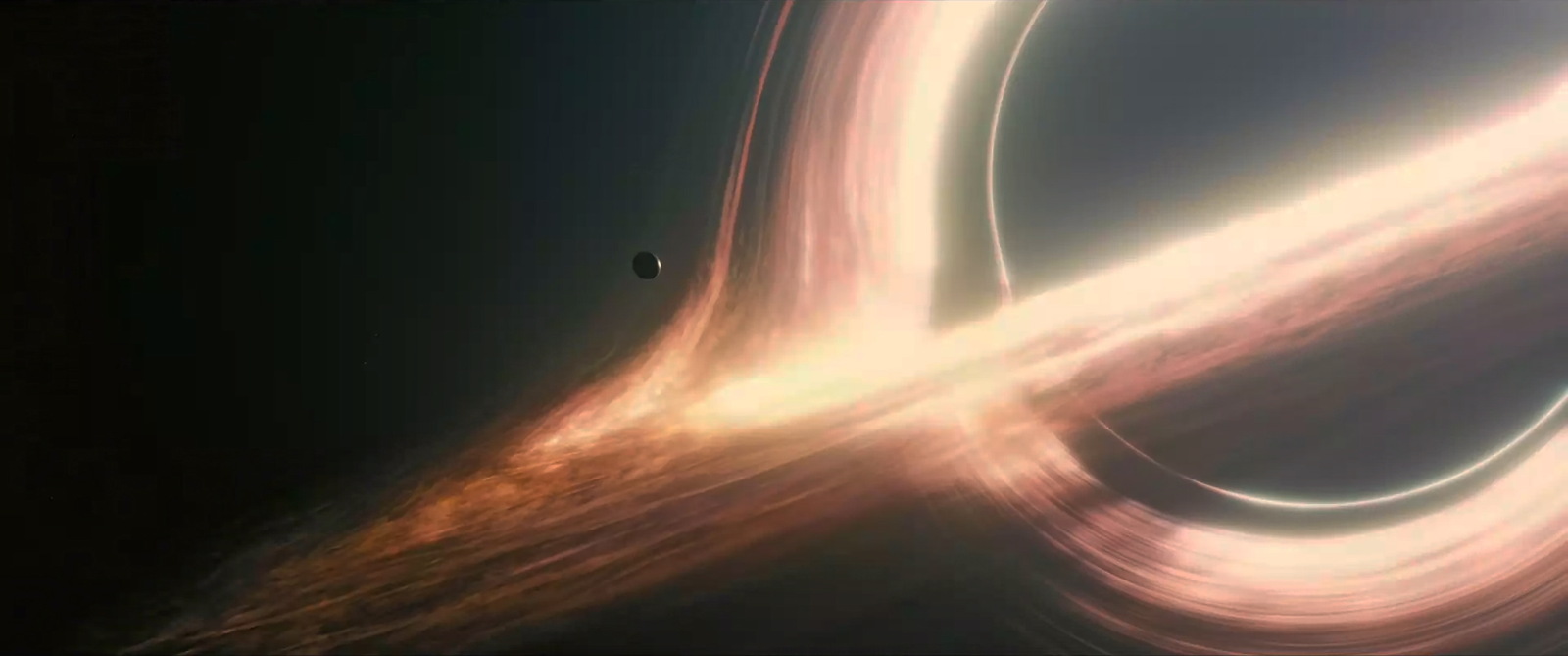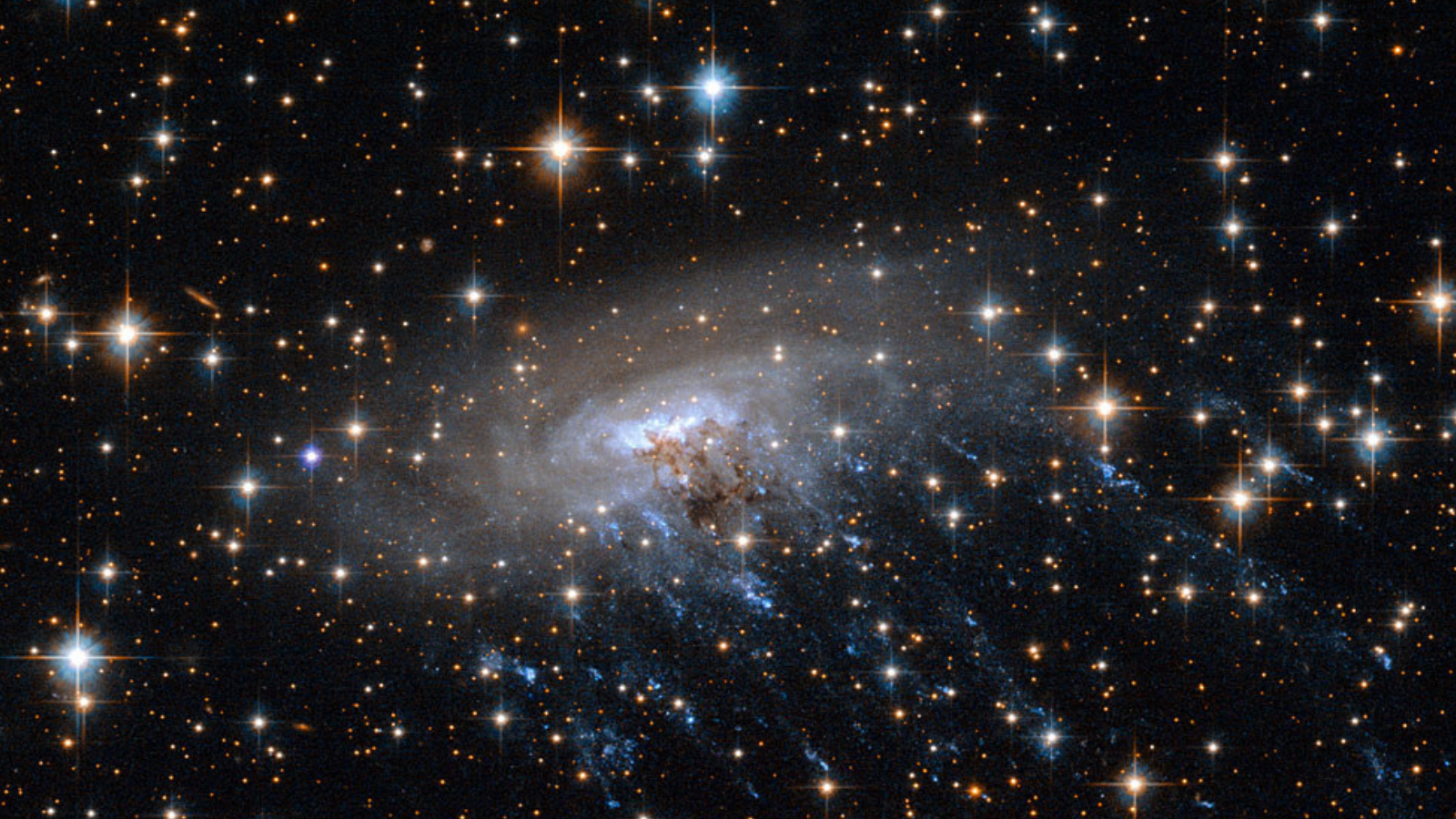Science @ the Oscars: Kavli Google+ Hangout Explores 'Interstellar,' 'Theory of Everything'

Breaking space news, the latest updates on rocket launches, skywatching events and more!
You are now subscribed
Your newsletter sign-up was successful
Want to add more newsletters?

Delivered daily
Daily Newsletter
Breaking space news, the latest updates on rocket launches, skywatching events and more!

Once a month
Watch This Space
Sign up to our monthly entertainment newsletter to keep up with all our coverage of the latest sci-fi and space movies, tv shows, games and books.

Once a week
Night Sky This Week
Discover this week's must-see night sky events, moon phases, and stunning astrophotos. Sign up for our skywatching newsletter and explore the universe with us!

Twice a month
Strange New Words
Space.com's Sci-Fi Reader's Club. Read a sci-fi short story every month and join a virtual community of fellow science fiction fans!
Researchers will discuss the science that underpins several Oscar-nominated space-themed movies during a Google+ Hangout today (Feb. 19).
The Hangout, which is hosted by the nonprofit Kavli Foundation and begins at 4 pm EST (2100 GMT), will explore the universe of "Interstellar" and investigate how accurately the ideas of physicist Stephen Hawking were portrayed in "The Theory of Everything" — films that snagged five Oscar nominations apiece. You can watch the webcast here at the Kavli Foundation's blog website.
You can submit question to the researchers using the hashtag #OscarsScience on Twitter or Google+, or by emailing info@kavlifoundation.org. You can also watch the Hangout live here on Space.com, courtesy of Kavli.
Participants in the Hangout — cosmologist Mandeep Gill, physics PhD student Katie McGill and neuroscientist Sean Escola — will also discuss the mathematics of codebreaking in "The Imitation Game."
"How does the science fare?" Kavli officials wrote in a statement. "Did 'The Imitation Game' explain why mathematician Alan Turing was called upon to help decrypt Hitler's top-secret messages? Did 'The Theory of Everything' capture the totality of Stephen Hawking's theories and ideas? Just how likely is it that wormholes exist in space as they're shown in 'Interstellar?'"
The Oscars will take place Sunday night (Feb. 22). "The Theory of Everything" was nominated for best picture, best adapted screenplay, best actor, best actress and best original score.
"Interstellar," which centers on the efforts of a small band of explorers to find a new planet for humanity to call home, got nods for best original score, production design, sound editing, sound mixing and visual effects.
Breaking space news, the latest updates on rocket launches, skywatching events and more!
The visuals in "Interstellar" are making a splash in the scientific community as well: The film's special-effects team just published a paper in the journal Classical and Quantum Gravity describing how they constructed the wormhole and supermassive black hole depicted in the film.
Kavli, a private foundation, has several institutes at universities across the United States and internationally. Institute researchers study topics ranging from astrophysics to nanoscience to neuroscience.
Follow Elizabeth Howell @howellspace, or Space.com @Spacedotcom. We're also on Facebook and Google+. Originally published on Space.com.

Elizabeth Howell (she/her), Ph.D., was a staff writer in the spaceflight channel between 2022 and 2024 specializing in Canadian space news. She was contributing writer for Space.com for 10 years from 2012 to 2024. Elizabeth's reporting includes multiple exclusives with the White House, leading world coverage about a lost-and-found space tomato on the International Space Station, witnessing five human spaceflight launches on two continents, flying parabolic, working inside a spacesuit, and participating in a simulated Mars mission. Her latest book, "Why Am I Taller?" (ECW Press, 2022) is co-written with astronaut Dave Williams.
